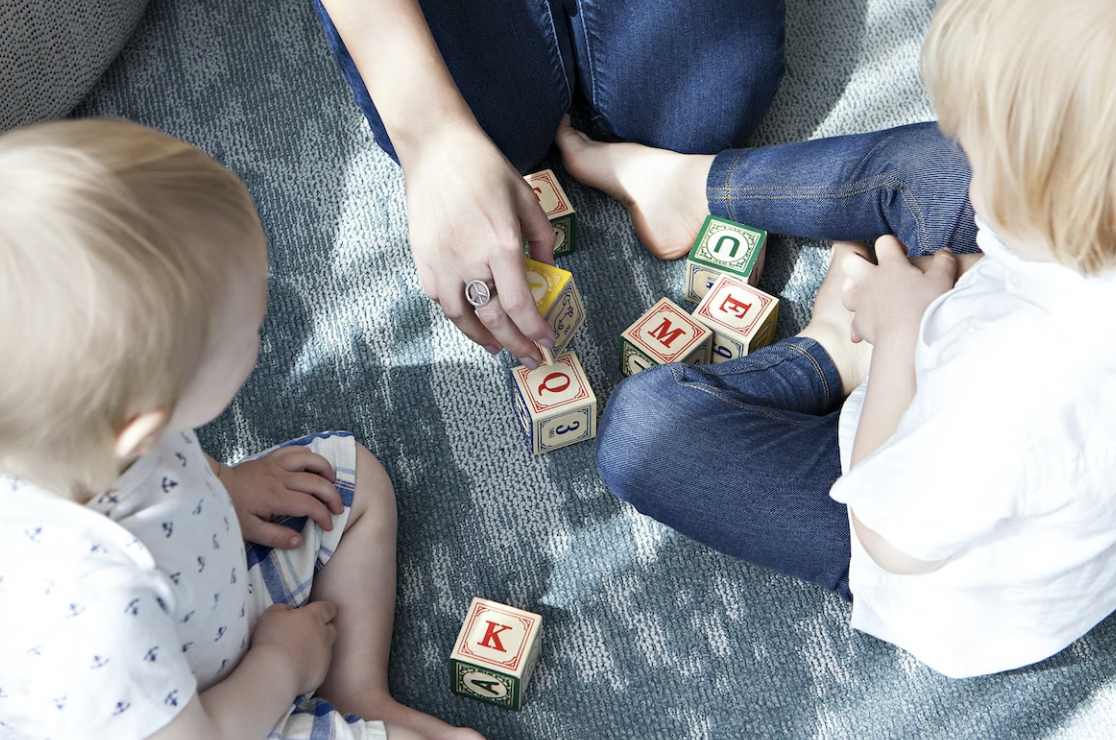7 Smart Tips And Tricks Every Parent Should Know

Parenting is a rewarding yet challenging journey filled with countless responsibilities and decisions. As a parent, you constantly strive to provide the best for your children and ensure their well-being. While there is no one-size-fits-all approach to parenting, there are smart tips and tricks that can help you navigate this wonderful adventure with more ease and confidence. In this article, we will explore seven valuable tips and tricks that every parent should know, offering insights and strategies to enhance their parenting skills and create a nurturing environment for their children.
1. Establish Routines and Consistency
Children thrive on routine and predictability. Establishing consistent daily routines for activities such as mealtimes, bedtime, and homework creates a sense of structure and security for your children. Consistency helps them know what to expect and promotes a sense of stability, which can reduce anxiety and meltdowns. Set clear expectations and boundaries, and be consistent in enforcing them.
This consistency provides a framework for your children to navigate their daily lives, fostering a sense of security and well-being. Once you need to introduce babies to solids, consistency plays a vital role. It's important to follow a consistent approach and introduce new foods gradually to allow your baby's digestive system to adjust. Begin with small spoonfuls of pureed fruits or vegetables, offering them at the same time each day. As your baby becomes more comfortable with solids, you can gradually increase the variety and texture of the foods.
2. Practice Positive Discipline
Discipline plays a crucial role in shaping your child's behavior and character. Instead of resorting to punishment or harsh discipline methods, focus on positive discipline techniques that promote learning and growth. Set clear and age-appropriate expectations, and offer praise and rewards for good behavior. Use constructive communication to explain the consequences of negative behavior and encourage problem-solving skills. By practicing positive discipline, you create a supportive and respectful environment that fosters self-discipline and responsible behavior.
3. Foster Open Communication

Open and effective communication is essential for building a strong parent-child relationship. To promote open communication, set aside dedicated time for family discussions or check-ins. This can be a daily mealtime conversation, a weekly family meeting, or even a designated "open-door policy" where your children know they can approach you with any concerns or questions at any time. These intentional moments of connection provide an opportunity for everyone to share their thoughts, feelings, and experiences in a respectful and non-confrontational manner.
Encouraging dialogue is another key element of open communication. Instead of resorting to one-sided lectures, engage in meaningful conversations with your children. Ask open-ended questions that promote reflection and encourage them to share their perspectives. This not only helps you understand their thoughts and feelings but also empowers them to develop critical thinking and communication skills.
4. Prioritize Self-Care
Parenting can be demanding, both physically and emotionally. It's important to prioritize self-care to ensure your well-being and ability to be the best parent possible. Take time for yourself to recharge and rejuvenate. Engage in activities that bring you joy and help you relax, whether it's reading a book, practicing mindfulness, or pursuing a hobby. Seek support from family, friends, or support groups when needed. Remember, taking care of yourself enables you to better care for your children.
5. Encourage Independence
Promoting independence in your children is essential for their growth and development. Allow them age-appropriate responsibilities and tasks, such as tidying up their room, preparing simple meals, or managing their own belongings. Encourage problem-solving skills and decision-making by giving them choices within reasonable boundaries. Supporting their independence builds their confidence, fosters a sense of responsibility, and prepares them for the challenges of adulthood.
6. Nurture Emotional Intelligence
Emotional intelligence is a valuable skill that helps children navigate their emotions and build healthy relationships. Teach your children to identify and express their feelings in a constructive manner. Help them understand empathy and perspective-taking by encouraging them to consider others' feelings and experiences. Teach problem-solving skills and conflict-resolution techniques to help them manage challenging situations. By nurturing emotional intelligence, you equip your children with essential life skills that contribute to their overall well-being and success.
7. Create Meaningful Family Traditions
Incorporating meaningful family traditions into your lives can have a profound impact on your family dynamics and create cherished memories that last a lifetime. These traditions provide a sense of stability and predictability, giving children a sense of belonging and security. Whether it's a weekly game night where the whole family comes together to play board games or a monthly outing to a local park or museum, these traditions create a regular opportunity for quality time and bonding.
Traditions also allow families to pass down their values and beliefs from one generation to the next. For example, if you have a cultural or religious background, you can establish traditions that celebrate and honor your heritage. This not only helps your children connect with their roots but also instills a sense of pride and identity.
Remember, every child is unique, and there is no perfect formula for parenting. These smart tips and tricks serve as a guide to help you navigate the journey of parenthood with more confidence and joy. Embrace the challenges, celebrate the successes, and cherish the precious moments with your children. By incorporating these strategies into your parenting approach, you can create a nurturing and loving environment that supports your children's growth, happiness, and well-being.






